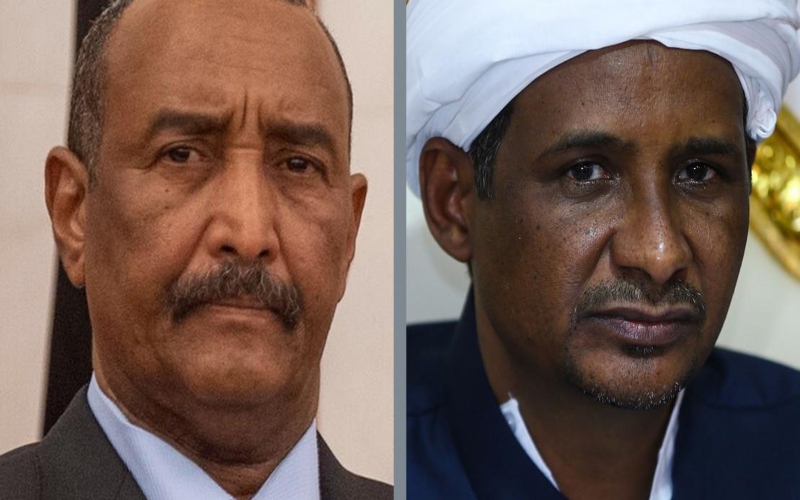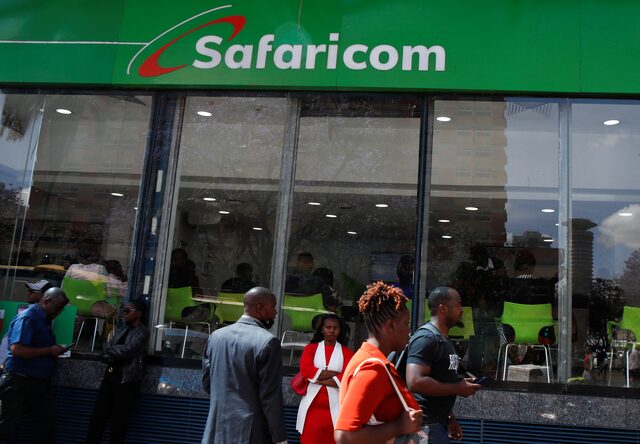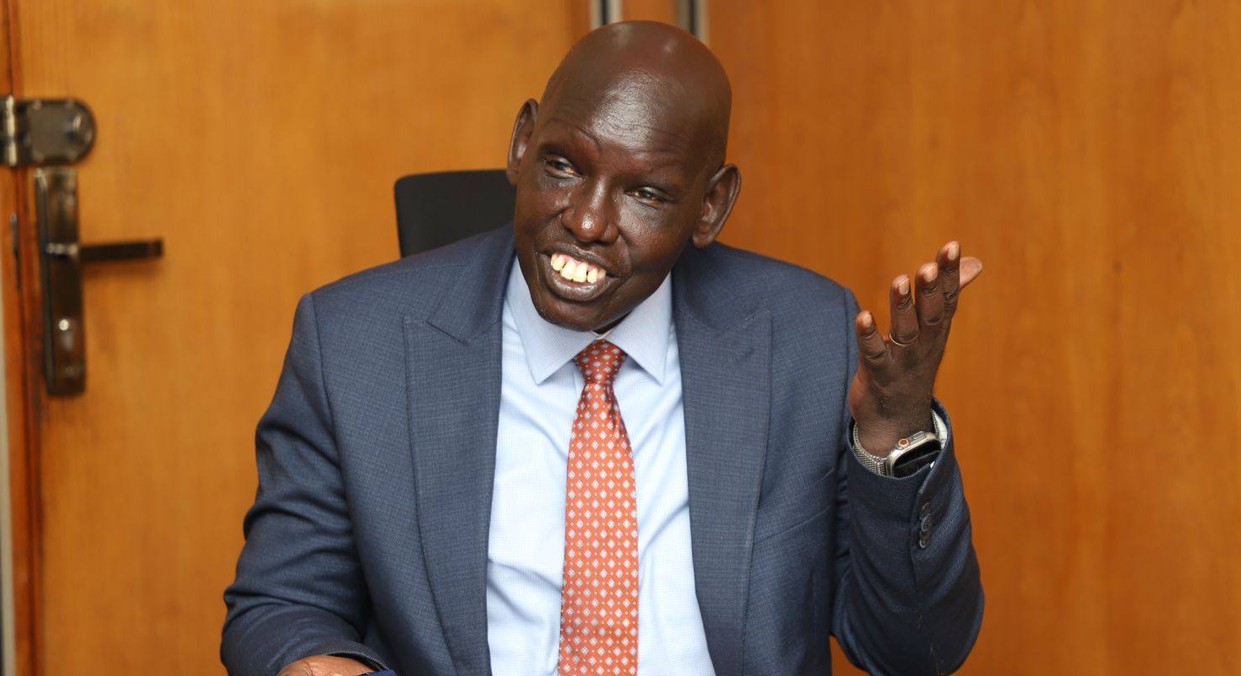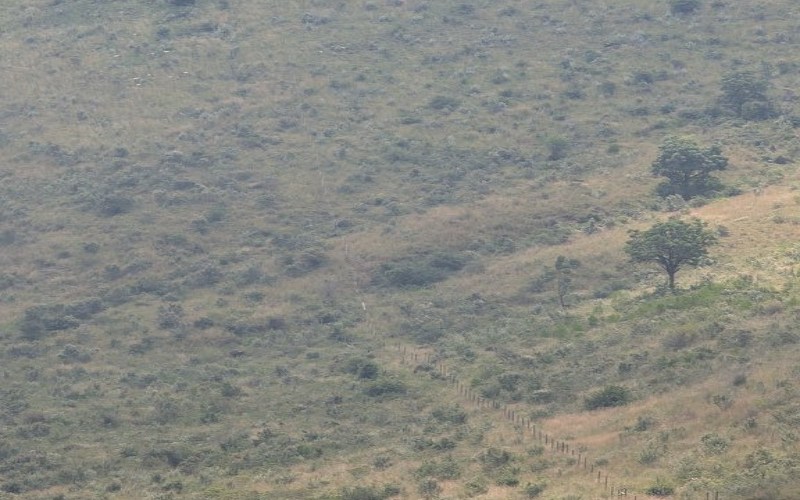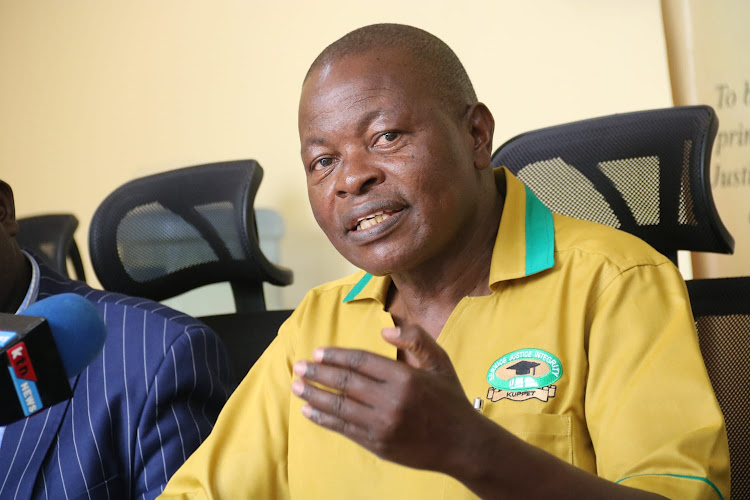Finance Bill, 2024: Hidden taxes that will hit you even if contentious ones are dropped
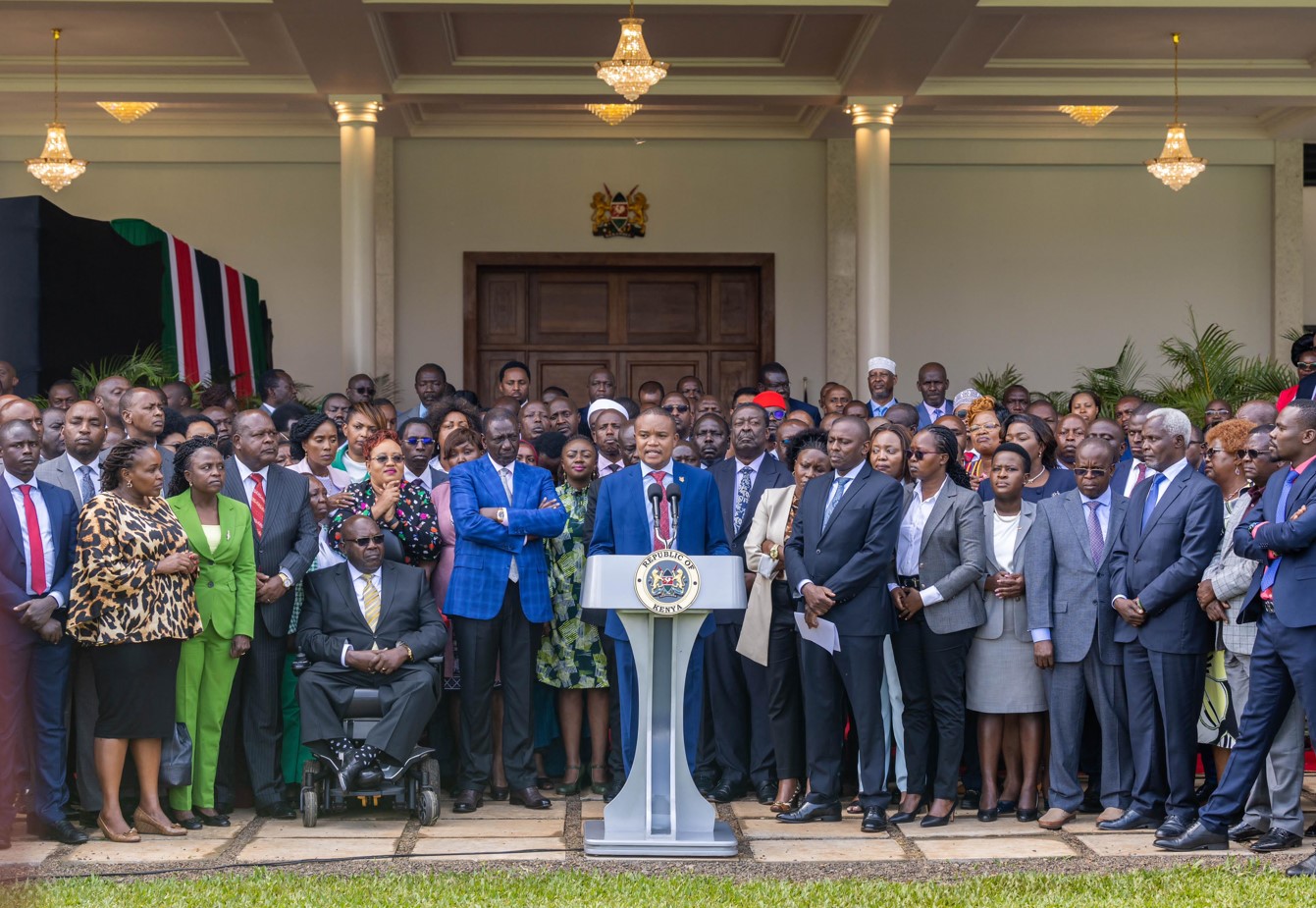
State’s promise to review controversial tax proposals appears insufficient as the entire Finance Bill is riddled with hidden and equally punitive taxes.
Last Tuesday, the government appeared to heed people’s calls by dropping some punitive tax proposals in the Finance Bill, 2024.
Among them is the proposed 2.5 per cent motor vehicle tax, VAT on bread, eco levy on locally manufactured products, and excise duty on cooking oil.
More To Read
- From detention to global recognition: Rose Njeri named in 2025 Time100 Next list
- The impact of the recent Finance Bill on different sectors
- How protests over Finance Bill hurt Nairobi’s daily revenue collections
- 16 killed in June 25 memorial protests, most by police – Amnesty International
- We are forgotten: Erickson Mutysia’s mother makes heartbreaking plea for justice
- Fury as plainclothes police camp outside Rongai artist Matiri's home without warrant ahead of protests
Though widely celebrated, the concessions raise questions about the Bill initially drafted to raise Sh346 billion in additional revenue in the 2024/2025 Financial Year.
According to economic experts who spoke to The Eastleigh Voice, other proposed new and increased taxes will hit consumers.
Fuel levy
Although the proposed motor vehicle tax, which was to earn the government Sh58 billion annually, was dropped, the Finance Bill still proposes to raise the road maintenance levy by about 39 per cent. It seeks to increase the levy from Sh18 per litre of fuel to Sh25, a proposal that is of concern to consumers.
Matatu Owners Association chairman Albert Karakacha opposed the proposed increase of the road maintenance levy.
“The increase will further hurt the sector, with the burden automatically passed down to consumers. Fares will eventually go up if the increased tax takes effect,” Karakacha said.
He said his association has failed to have the National Assembly’s Budget Committee reconsider the proposal.
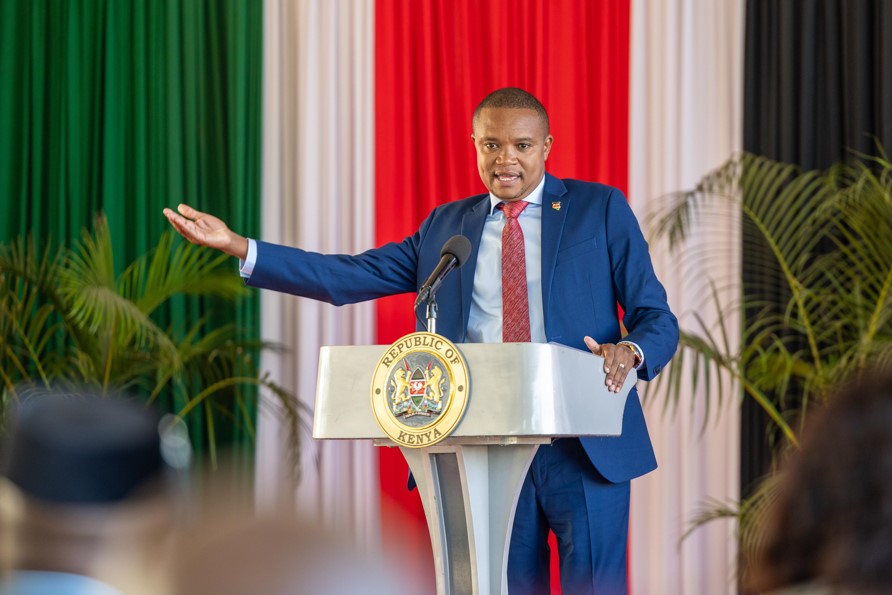 National Assembly Finance and National Planning Committee Chairman Kimani Kuria at the Kenya Kwanza Parliamentary Group meeting on June 18, 2024. (Photo: PCS)
National Assembly Finance and National Planning Committee Chairman Kimani Kuria at the Kenya Kwanza Parliamentary Group meeting on June 18, 2024. (Photo: PCS)
“The sector is already paying heavy taxes through the fuel levy and we cannot afford to absorb more. It will hurt the sector and negate the gains consumers have started getting from easing fuel prices,” he said.
Data shows that 40.1 per cent of the cost of a litre of petrol goes to taxes.
The 16 per cent VAT, excise duty, road maintenance levy, petroleum development levy, import declaration fee, and railway development levy are the main taxes on fuel.
Repealing the motor vehicle tax raises the question of how the government will fill the Sh58 billion revenue shortfall.
Increased import declaration fee
Despite several changes in the Bill that seek to boost local production, the Budget Committee remained rigid on the proposal to increase the import declaration fee from 2.5 to 3.0 per cent. This points towards an increased cost of imports.
Economist Ken Gichinga of Mentoria Consulting said high taxation on imports while not offering a strategic outline to boost production and create jobs is a cunning tactic.
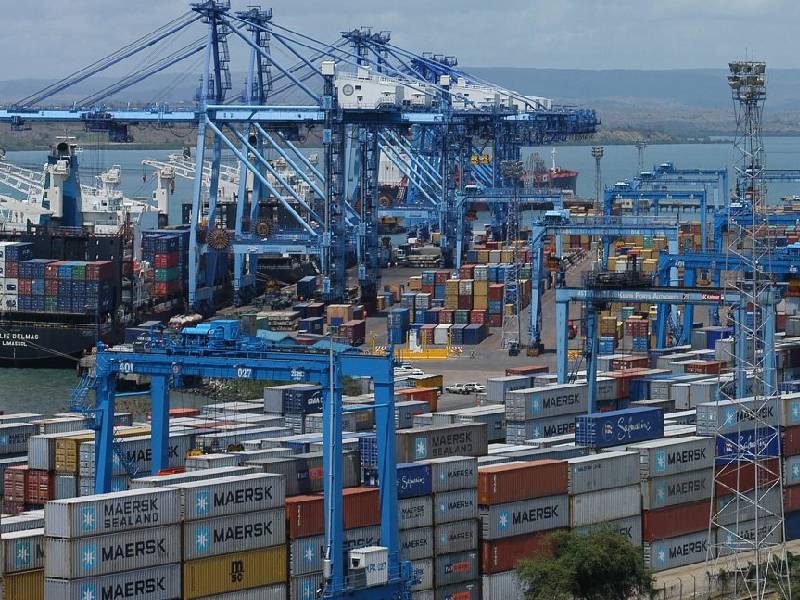 The Port of Mombasa. Despite several changes in the Bill that seek to boost local production, the Budget Committee remained rigid on the proposal to increase the import declaration fee from 2.5 to 3.0 per cent. (Photo: Seacrest)
The Port of Mombasa. Despite several changes in the Bill that seek to boost local production, the Budget Committee remained rigid on the proposal to increase the import declaration fee from 2.5 to 3.0 per cent. (Photo: Seacrest)
“We can't run away from the fact that Kenya is a net importer, and we will maintain the status for some time. The increasing cost of acquiring commodities which most Kenyans depend on will hurt the nation,” Gichinga said.
A recent Stanchart’s Future of Africa Trade report says Kenya will still depend on imported commodities for the next 12 years.
This is despite the country’s annual exports being projected to grow to $20 billion (Sh2.6 trillion) by 2035, with the African Continental Free Trade Area boosting the exports by an additional 35 per cent.
e-Tims exemption
The government decided to exempt small businesses whose annual turnover is below Sh1 million from electronic invoice registration, or e-Tims.
However, this will only benefit small businesses if Section 16 of the Income Tax Act is amended. The Act says only invoices generated through e-Tims will be deemed income tax deductible.
Without an amendment, small businesses will not get relief from the proposed threshold.
It is also unclear how a large business procuring services from a small business will verify the latter’s turnover threshold to the taxman when it seeks to claim expenses incurred in sourcing business from a non-e-Tims generating business.
Large businesses might shun doing business with small businesses unless this is clarified.
A Nairobi-based lawyer, who declined to be named, said the outplay could deny many upcoming small businesses the opportunity to trade for growth.
After the changes, the Bill remains unclear on the proposed Sh2 million per month penalty for failure to integrate with e-TIMS, although the Budget Committee agreed to delete the penalty provision, saying it was overly harsh, particularly for SMEs.
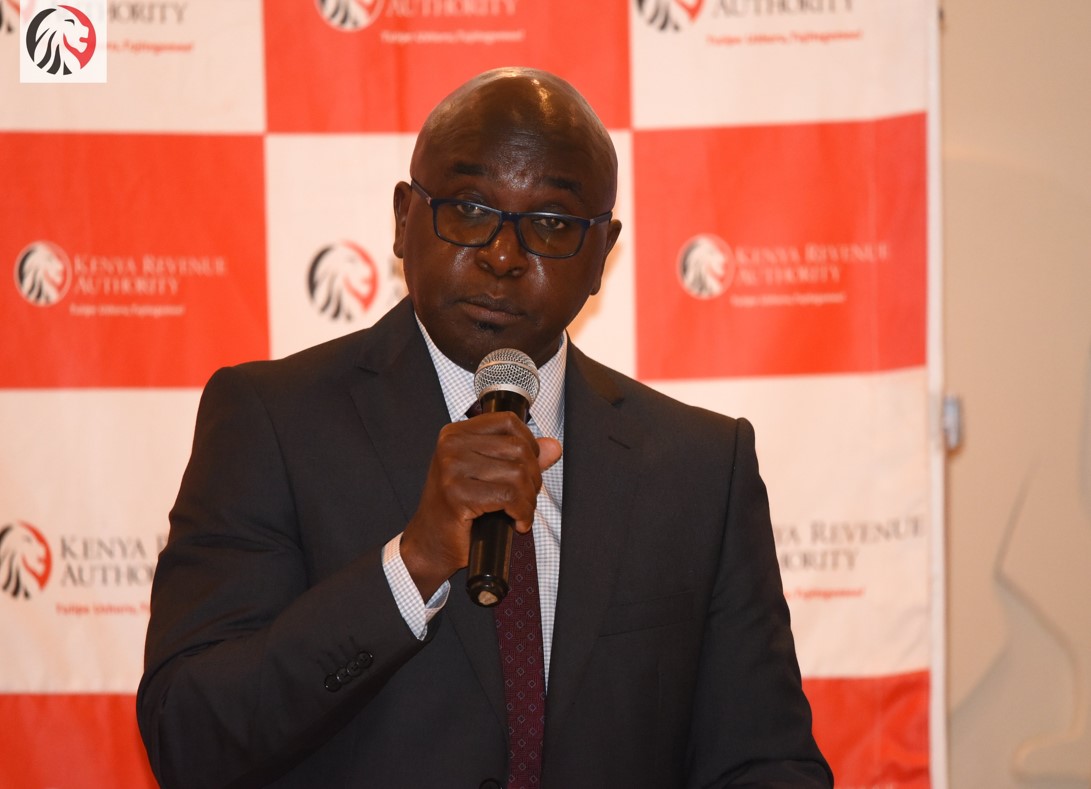 KRA Commissioner General Humphrey Wattanga Mulongo. (Photo: KRA)
KRA Commissioner General Humphrey Wattanga Mulongo. (Photo: KRA)
In the report tabled for the second reading, the committee recommended a penalty commensurate with the non-compliance. Some experts think the penalty will be aligned with the Tax Procedures Act.
Digital service tax
Although the committee retained excise duty on mobile money services at 15 per cent after dropping the proposed increase to 20 per cent, some notable considerations in the Bill still target the general digital services sector and could make online transactions expensive.
The digital service tax is payable on income derived or accrued in Kenya from services offered through a digital marketplace.
The committee notes that the profit margin for digital service providers is usually higher because such providers do not incur large expenses compared to companies with a physical presence.
It therefore had proposed to increase the tax, which currently is payable at 1.5 per cent of the gross transaction value, to align the deemed profit with what would have been the profit if the companies were not enjoying the lower production cost.
The committee had also proposed to repeal the digital service tax and replace it with the new Significant Economic Presence (SEP) tax at the rate of 30 per cent on 20 per cent deemed profit.
“The committee proposes to amend the clause to include a gradual increase in the rate from 1.5 per cent to 3 per cent and not from 1.5 to 6 per cent as proposed earlier in the Bill,” Molo MP Kimani Kuria, who is the committee’s chairman, said when he tabled the report for the first reading.
Ideally, the SEP is designed to tax income generated by multinational companies with a substantial economic presence in Kenya even if they do not have a physical presence.
The proposal had raised concern, especially from ride-hailing firms such as Uber and Bolt, who said the tax would kill their businesses.
Withholding tax on infrastructure bond
While the government is seeking more funds, it still plans to raise its funding costs.
It has proposed a withholding tax of 5 per cent and 15 per cent on interest paid to residents and non-residents, respectively, on bonds or similar securities.
Experts argue the tax will be unfair to resident pensioners, for instance, who have no other income save for pension earnings which they invest in similar bonds, and who also contributed to the national good in their active years.
The committee retained the clause, saying it would encourage long-term investment and enable the government to earn revenue consistent with all other payments.
Top Stories Today







